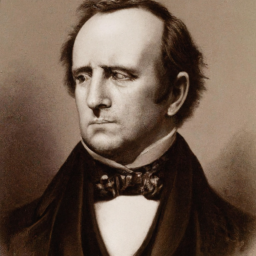Andrew Jackson was the seventh President of the United States from 1829 to 1837, seeking to act as the direct representative of the common man. He was born on March 15, 1767, in the Waxhaws region on the border of North and South Carolina. Jackson grew up in poverty and faced numerous hardships throughout his life, including the death of his parents and his experiences during the Revolutionary War.
Jackson's presidency was marked by significant achievements and controversies. He believed in expanding executive power and championed the idea of a strong presidency. His presidency saw the Indian Removal Act, which forcibly relocated Native American tribes from their ancestral lands, leading to the tragic Trail of Tears. Jackson also opposed the Second Bank of the United States, vetoing its recharter and contributing to the Panic of 1837.
Despite his controversial policies, Jackson's influence on the nation cannot be denied. He was known for his strong nationalist beliefs, emphasizing the unity and strength of the United States. Jackson's presidency also marked a shift toward expanding suffrage, as he sought to remove property qualifications for voting, allowing more white men to participate in the democratic process.
